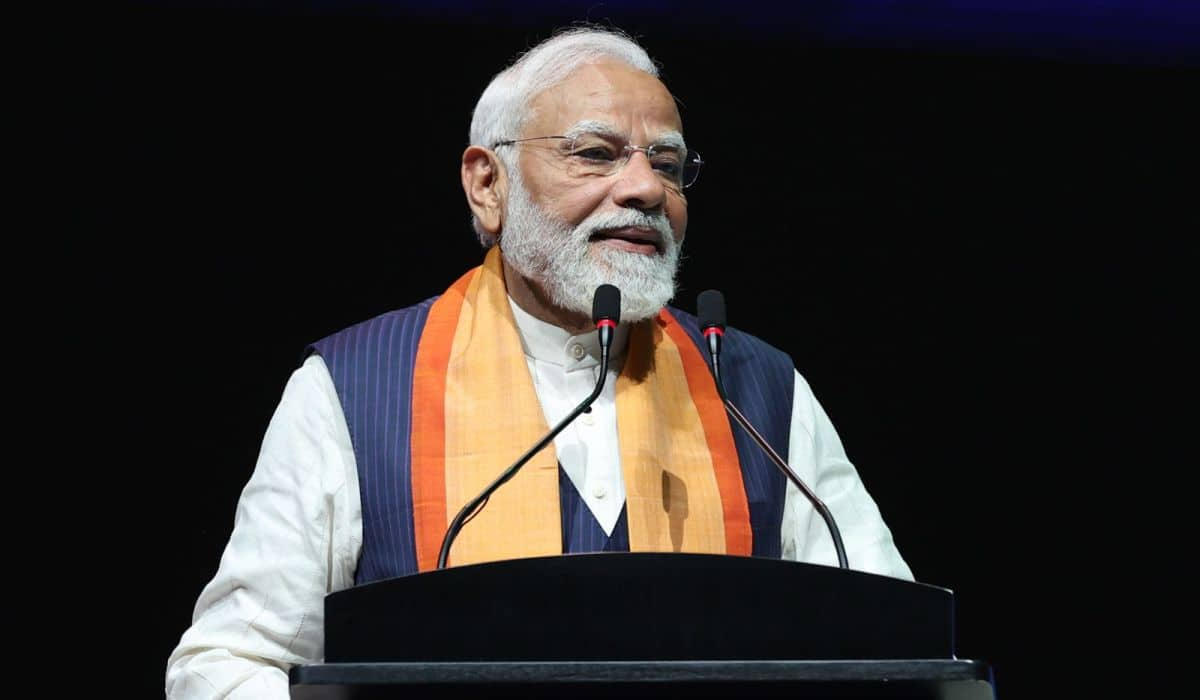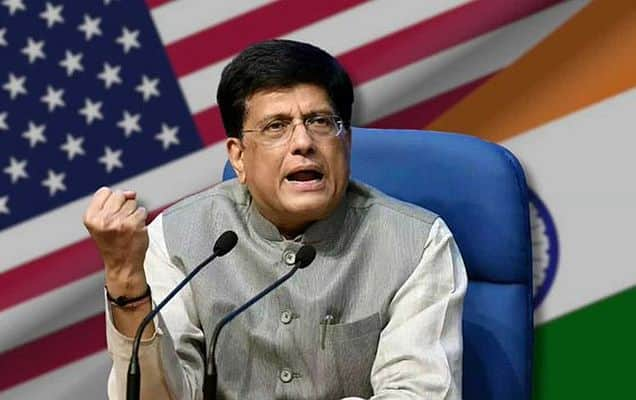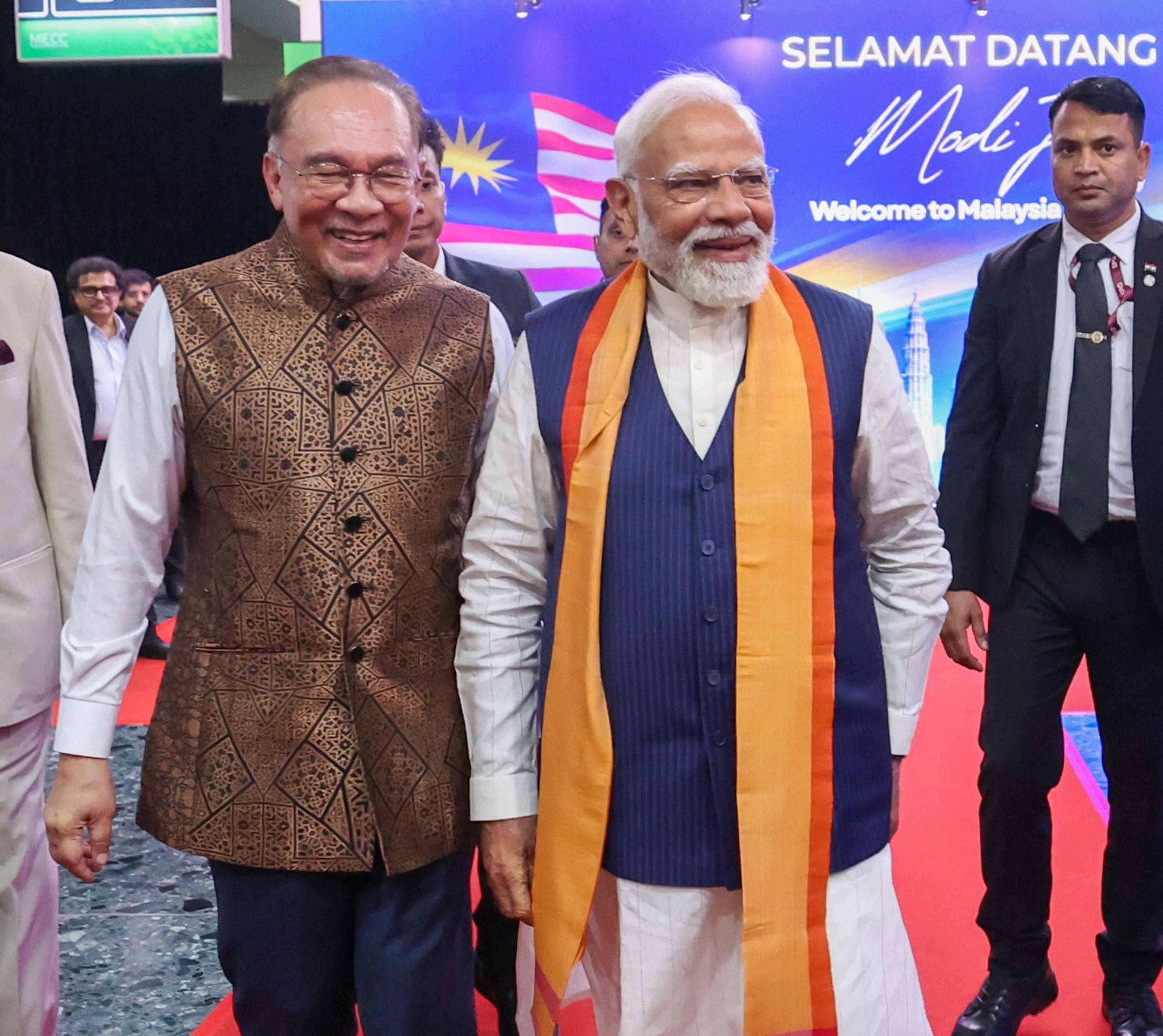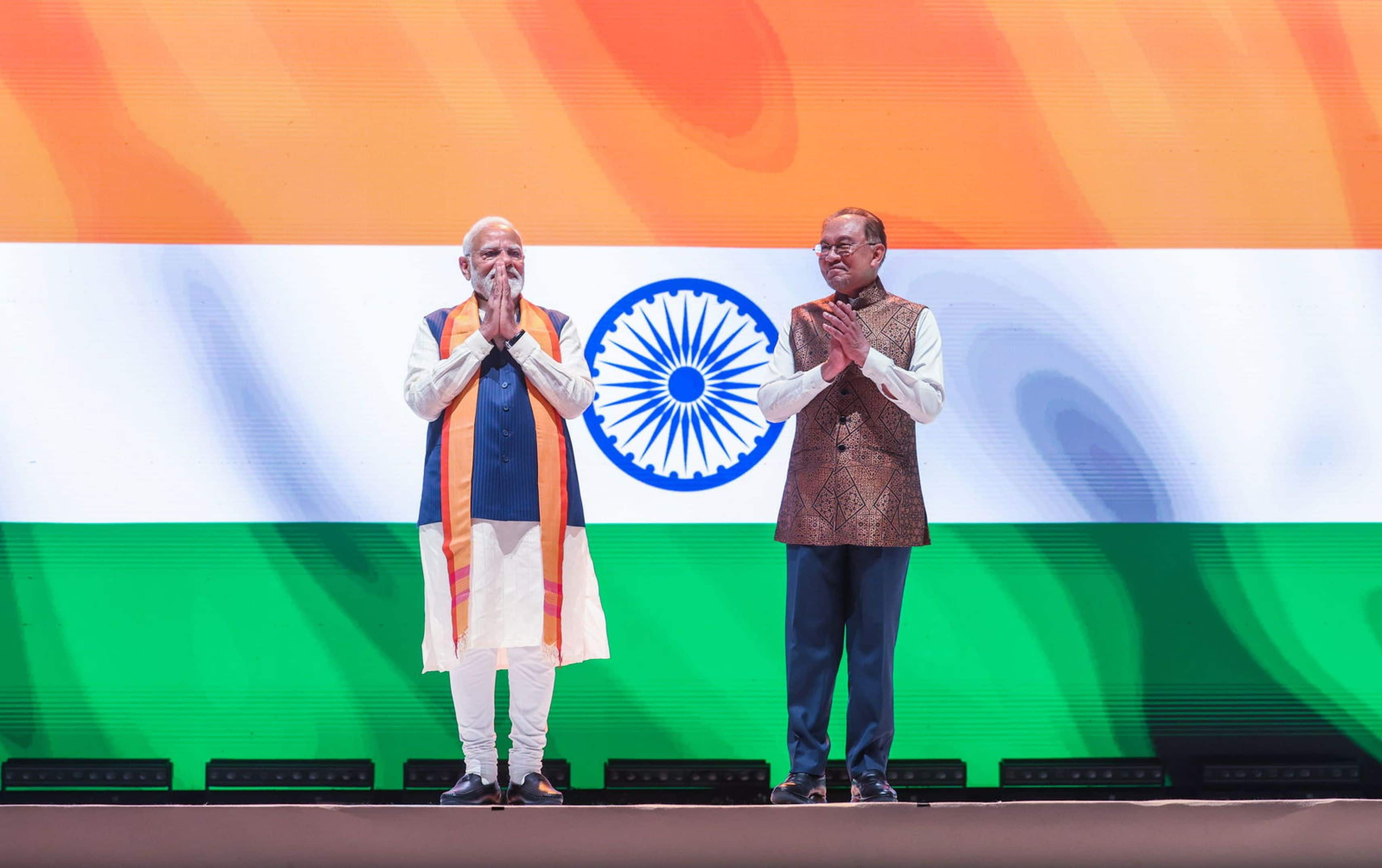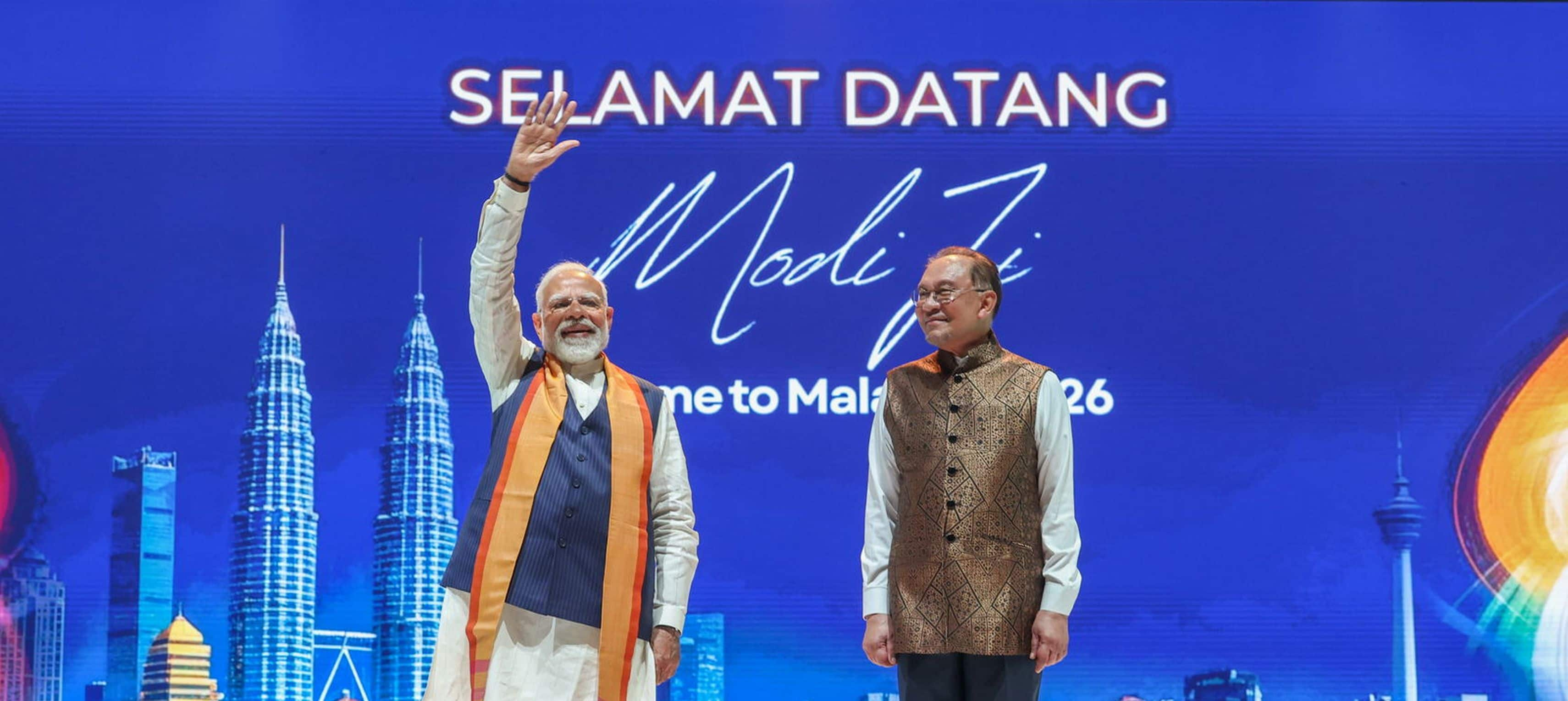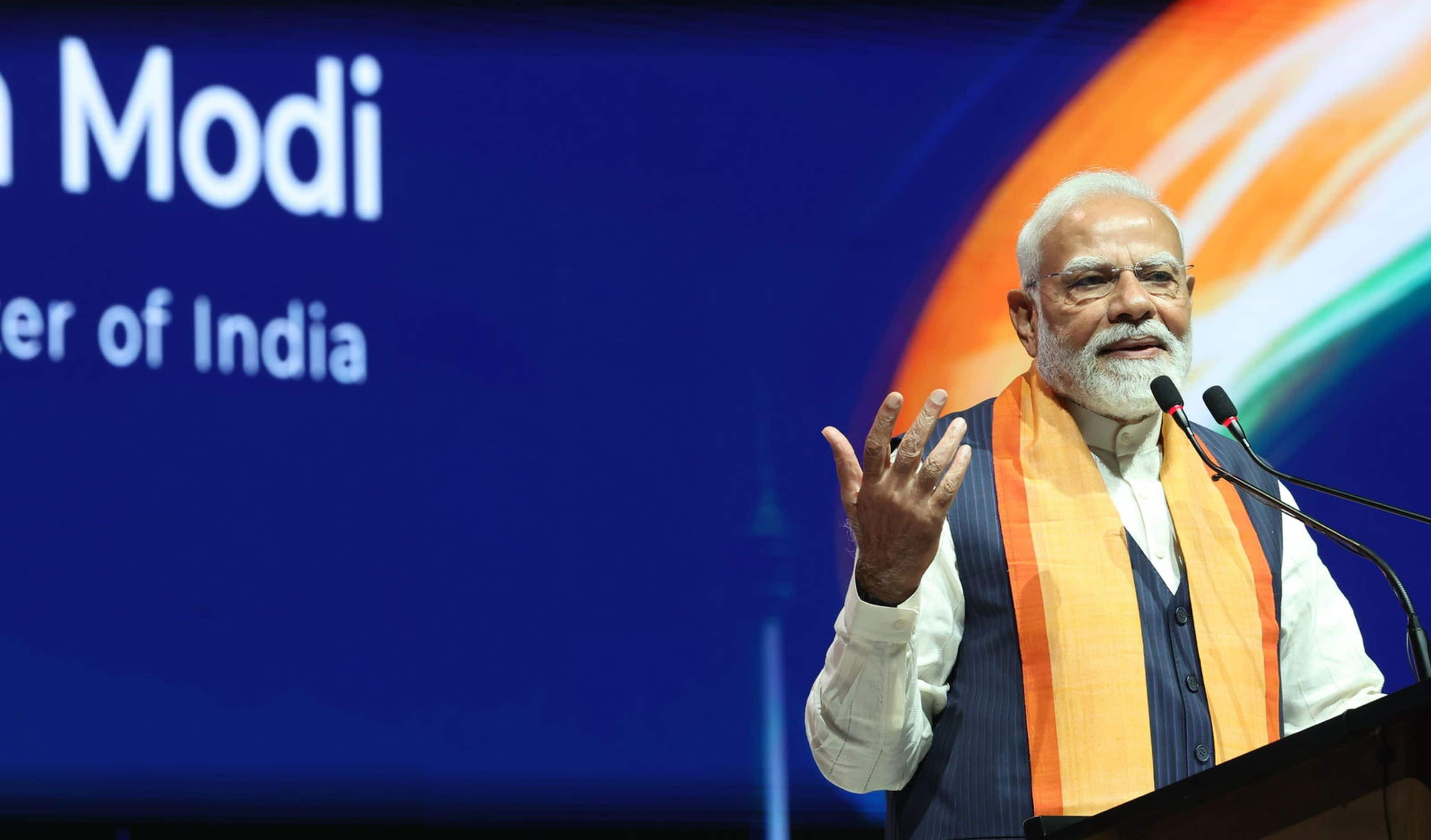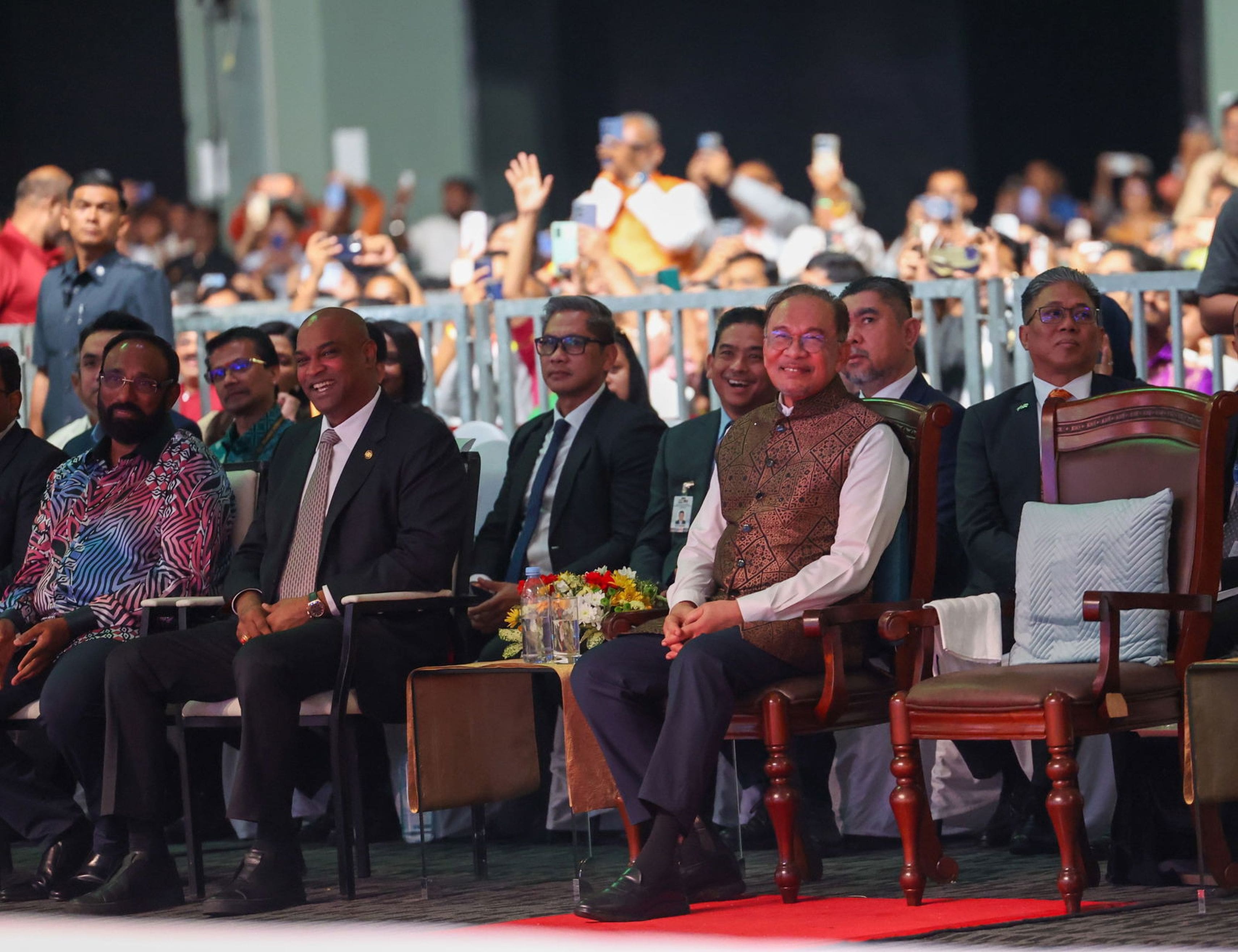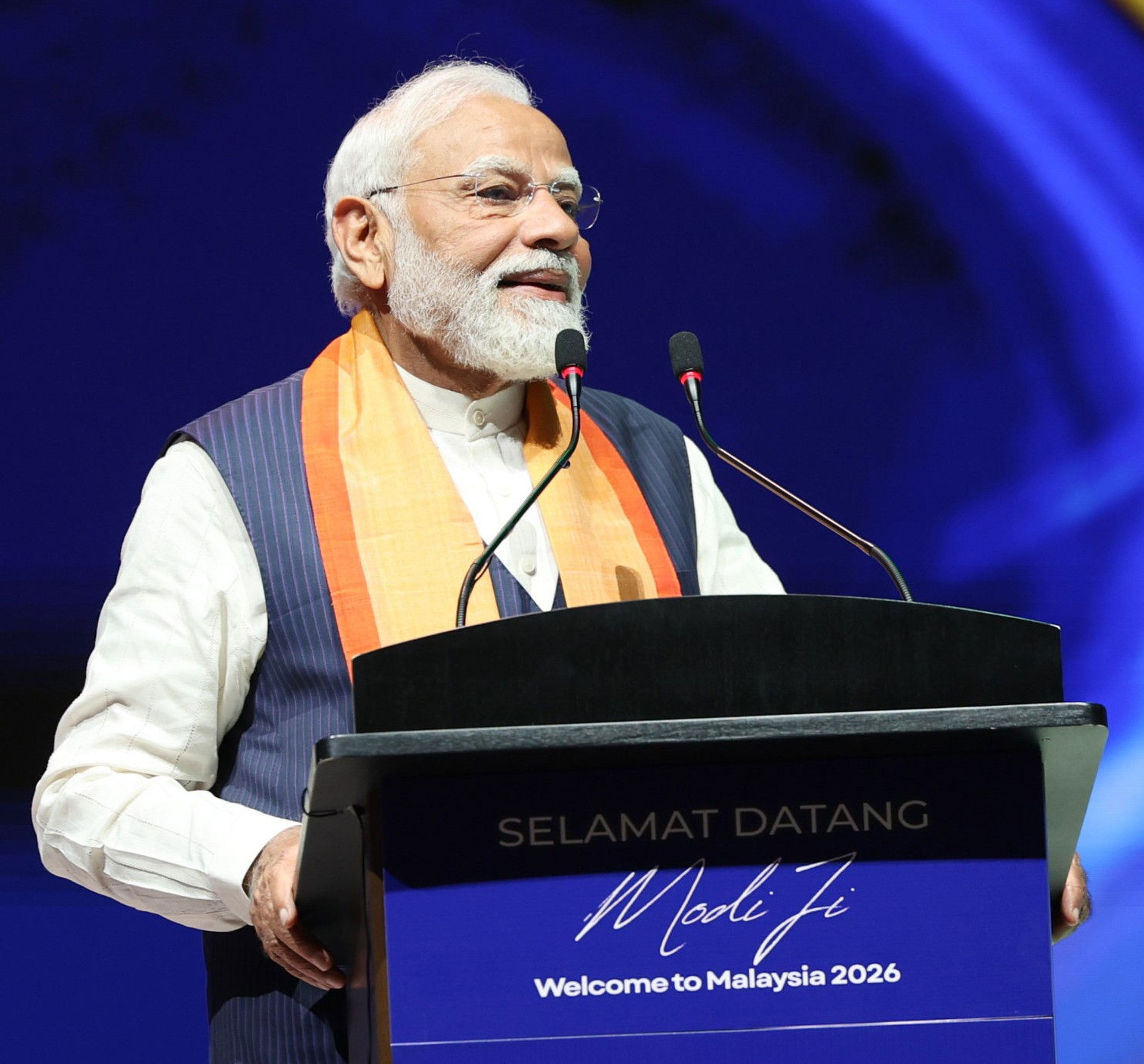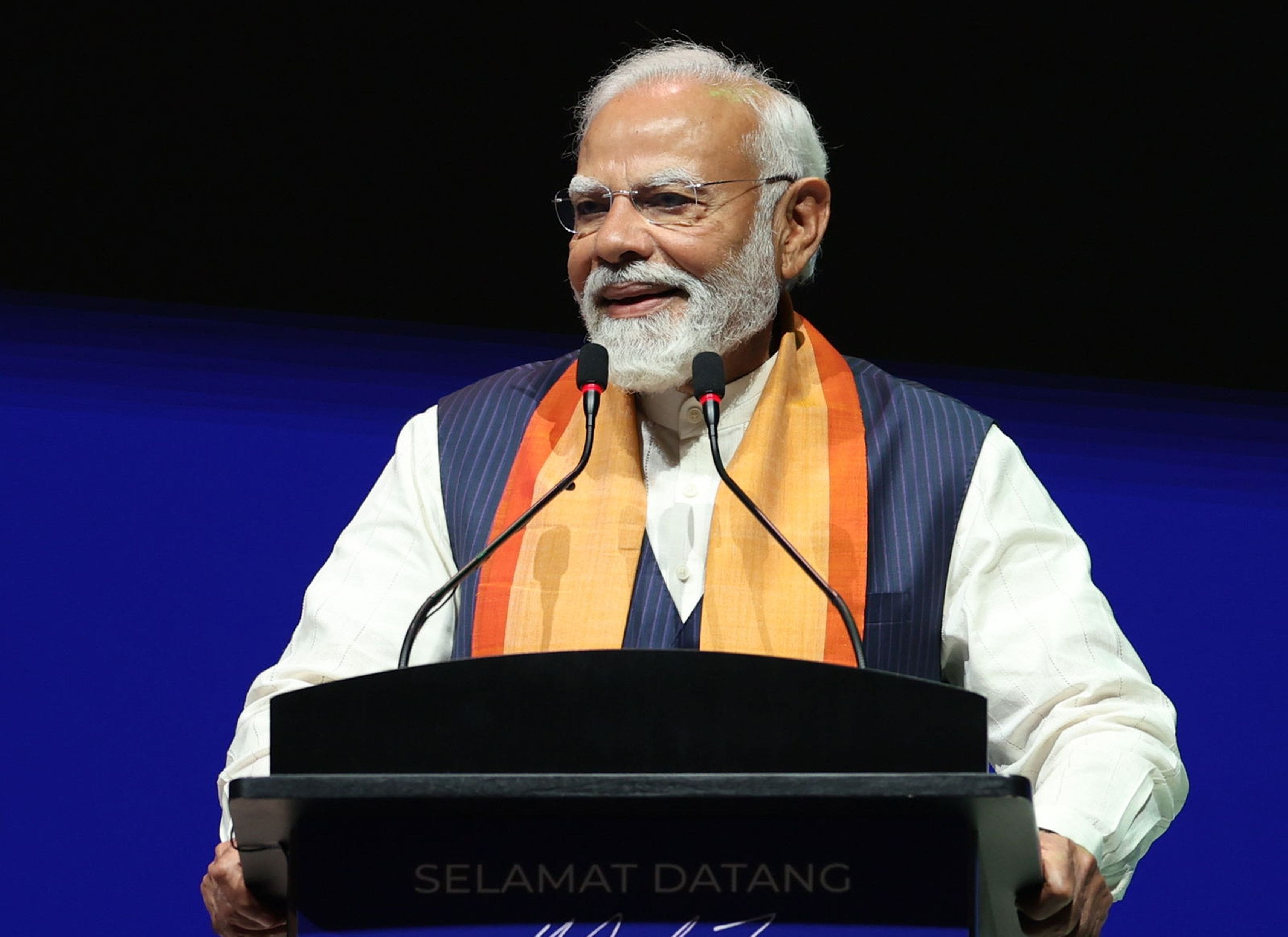The Union Cabinet chaired by Prime Minister Shri Narendra Modi today approved a new Metro Rail Policy that seeks to enable realization of growing metro rail aspirations of a large number of cities but in a responsible manner.
The policy opens a big window for private investments across a range of metro operations making PPP component mandatory for availing central assistance for new metro projects. Private investment and other innovative forms of financing of metro projects have been made compulsory to meet the huge resource demand for capital intensive high capacity metro projects.
“Private participation either for complete provision of metro rail or for some unbundled components (like Automatic Fare Collection, Operation & Maintenance of services etc) will form an essential requirement for all metro ra il projects seeking central financial assistance” says the policy, to capitalize on private resources, expertise and entrepreneurship.
In view of inadequate availability and even absence of last mile connectivity at present, the new policy seeks to ensure it focusing on a catchment area of five kms. on either side of metro stations requiring States to commit in project reports to provide necessary last mile connectivity through feeder services, Non-Motorised Transport infrastructure like walking and cycling pathways and introduction of para-transport facilities. States, proposing new metro projects will be required to indicate in project report the proposals and investments that would be made for such services.
Seeking to ensure that least cost mass transit mode is selected for public transport, the new policy mandates Alternate Analysis, requiring evaluation of other modes of mass transit like BRTS (Bus Rapid Transit System), Light Rail Transit, Tramways, Metro Rail and Regional Rail in terms of demand, capacity, cost and ease of implementation. Setting up of Urban Metropolitan Transport Authority (UMTA) has been made mandatory which is to prepare Comprehensive Mobility Plans for cities for ensuring complete multi-modal integration for optimal utilization of capacities.
The new Metro Rail Policy provides for rigorous assessment of new metro proposals and proposes an independent third party assessment by agencies to be identified by the Government like the Institute of Urban Transport and other such Centres of Excellence whose capacities would be augmented, as required in this regard.
Taking note of substantial social, economic and environmental gains of metro projects, the Policy stipulated a shift from the present ‘Financial Internal Rate of Return of 8%’ to ‘Economic Internal Rate of Return of 14%’ for approving metro projects, in line with global practices.
Noting that urban mass transit projects should not merely be seen as urban transport projects but more as urban transformation projects, the new policy mandates Transit Oriented Development (TOD) to promote compact and dense urban development along metro corridors since TOD reduces travel distances besides enabling efficient land use in urban areas. Under the policy, States need to adopt innovative mechanisms like Value Capture Financing tools to mobilize resources for financing metro projects by capturing a share of increase in the asset values through ‘Betterment Levy’. States would also be required to enable low cost debt capital through issuance of corporate bonds for metro projects.
Seeking to ensure financial viability of metro projects, the new Metro Rail Policy requires the States to clearly indicate in the project report the measures to be taken for commercial/property development at stations and on other urban land and for other means of maximum non-fare revenue generation through advertisements, lease of space etc., backed by statutory support. States are also required to commit to accord all required permissions and approvals.
The new policy empowers States to make rules and regulations and set up permanent Fare Fixation Authority for timely revision of fares. States can take up metro projects exercising any of the three options for availing central assistance. These include; PPP with central assistance under the Viability Gap Funding scheme of the Ministry of Finance, Grant by Government of India under which 10% of the project cost will be given as lump sum central assistance and 50:50 Equity sharing model between central and state governments. Under all these options, private participation, however, is mandatory.
The policy envisages private sector participation in O & M of metro services in different ways. These include:
- Cost plus fee contract: Private operator is paid a monthly/annual payment for O&M of system. This can have a fixed and variable component depending on the quality of service. Operational andrevenue risk is borne by the owner.
- Gross Cost Contract: Private operator is paid a fixed sum for the duration of the contract. Operator to bear the O&M risk while the owner bears the revenue risk.
- Net Cost Contract: Operator collects the complete revenue generated for the services provided. If revenue generation is below the O&M cost, the owner may agree to compensate.
At present, metro projects with a total length of 370 kms are operational in 8 cities viz., Delhi (217 kms), Bengaluru (42.30 kms), Kolkata (27.39 kms), Chennai (27.36 kms), Kochi (13.30 kms), Mumbai (Metro Line 1-11.40 km, Mono Rail Phase 1-9.0 km), Jaipur-9.00 kms and Gurugram (Rapid Metro-1.60 km).
Metro Projects with a total length of 537 kms are in progress in 13 cities including the eight mentioned above. New cities acquiring metro services are; Hyderabad (71 kms), Nagpur (38 kms), Ahmedabad (36 kms), Pune (31.25 kms) and Lucknow (23 kms).
Metro projects with a total length of 595 kms in 13 cities including 10 new cities are at various stages of planning and appraisal. These are; Delhi Metro Phase IV- 103.93 km, Delhi & NCR-21.10 km, Vijayawada-26.03 km, Visakhapatnam-42.55 km, Bhopal-27.87 km, Indore-31.55 km, Kochi Metro Phase II-11.20 km, Greater Chandigarh Region Metro Project-37.56 km, Patna-27.88 km, Guwahati-61 km, Varanasi-29.24 km, Thiruvananthapuram & Kozhikode (Light Rail Transport)-35.12 km and Chennai Phase II-107.50 km.






